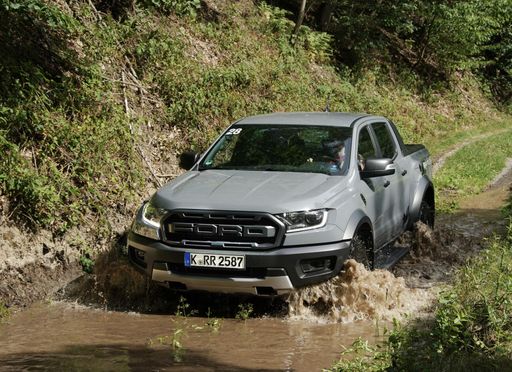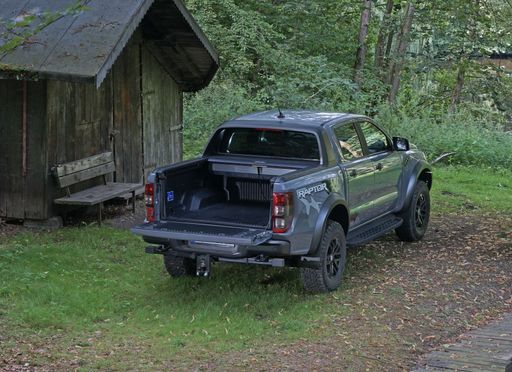Ford Ranger vs VW Amarok: The Pickup Showdown
In the world of pickups, the Ford Ranger and VW Amarok are two strong contenders, each with its distinct features and innovations. Both hailed for their robust performance, they cater to different user needs with their range of specifications and capabilities. This article delves into the details of these two models to help you decide which one is right for you.






